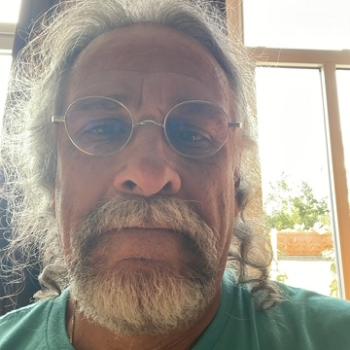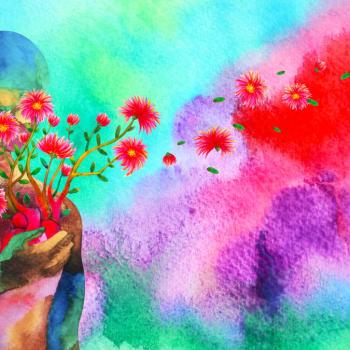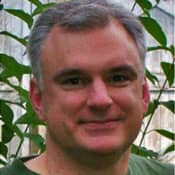I was recently part of a workshop with Messiah College faculty on spiritual formation. We were asked to fill out a questionnaire about the ways we approach our spiritual lives. Based on the results of the questionnaire, the faculty were placed into four "spiritual formation models"—scholar, pietist, contemplative, and activist. I fully expected to land in the "scholar" category. I was a productive academic who had written books and articles. I was trying to pursue a life of the mind in the context of my Christian faith. "Scholar" seemed to be a logical fit.
So needless to say, I was a bit shocked and surprised to learn that the results of the questionnaire placed me solidly within the "activist" category. I was bothered about this at first. Most of my colleagues in the Messiah College history department fell safely within the "scholar" category. I thought about this for a few months. I even lost a bit of sleep over it. I was trying to figure out what made me—a fairly traditional historian—an activist. I was not, after all, marching in the streets or active in political campaigns.
Yet, after much thought about the social virtues that history can cultivate, and my encounter with a few students like Tara, I have come to not only accept, but to embrace, the title "historian-activist." I now tell my students that if they want to be world-changers in the present, they need to immerse themselves in the study of the past.





